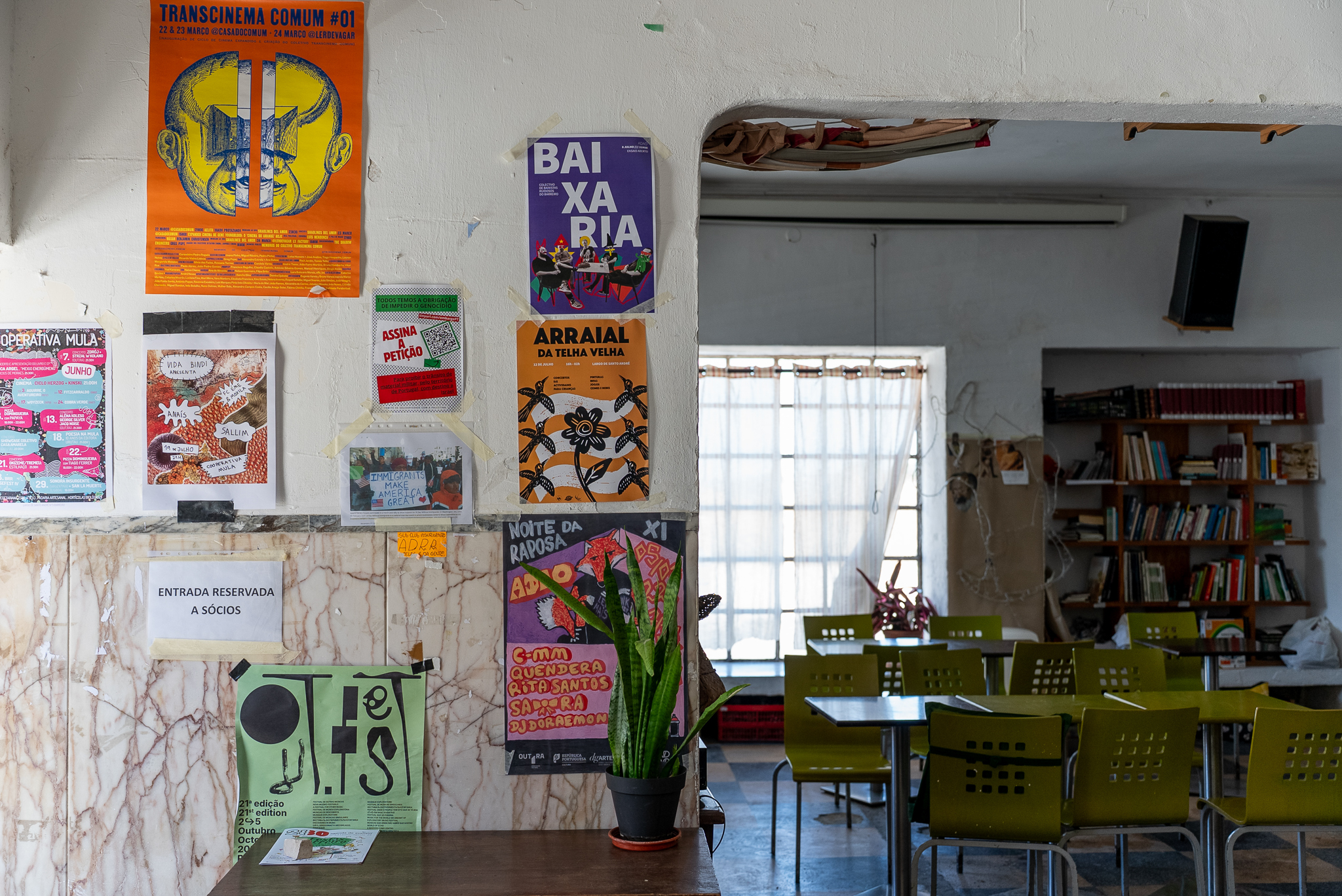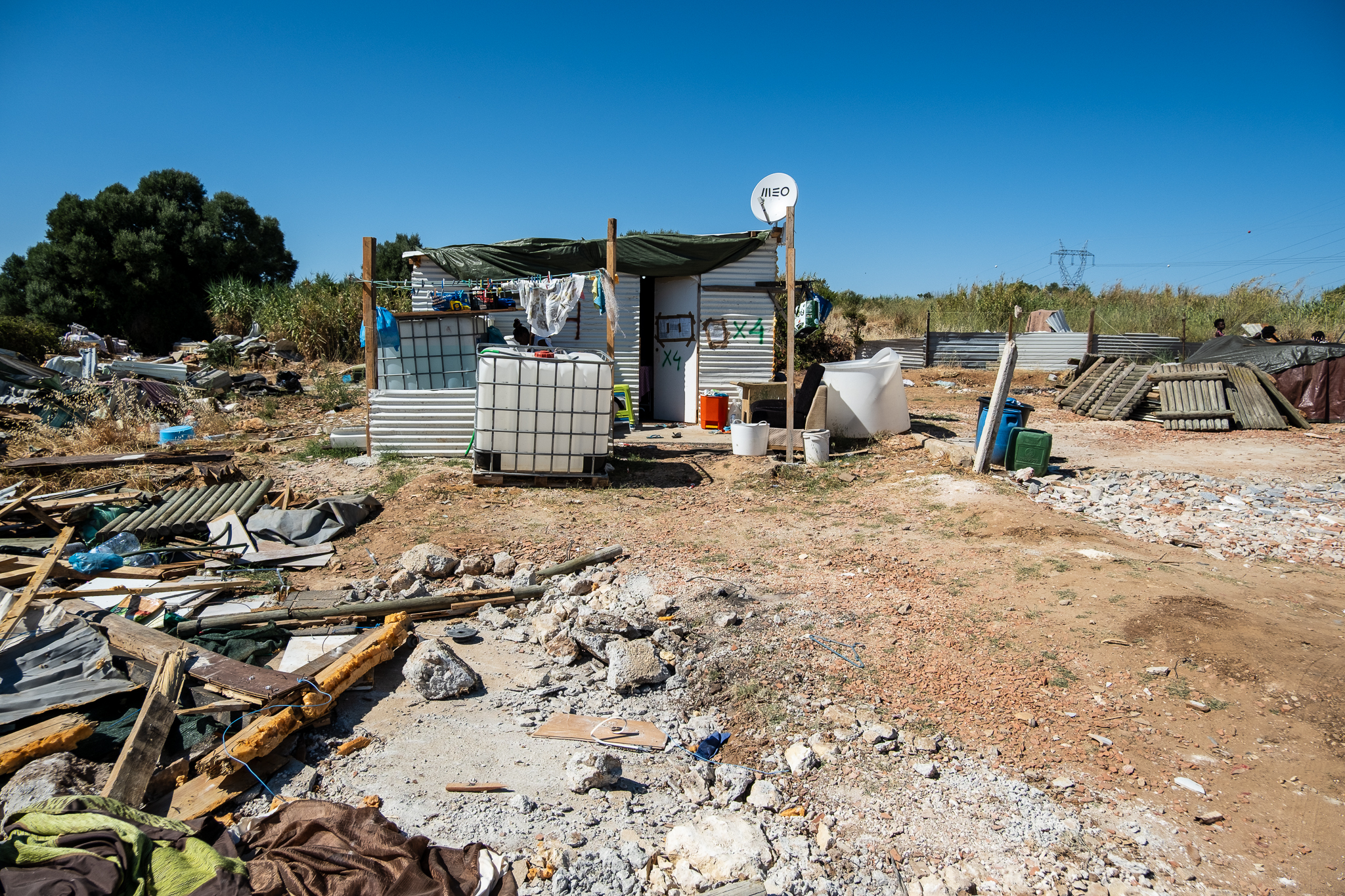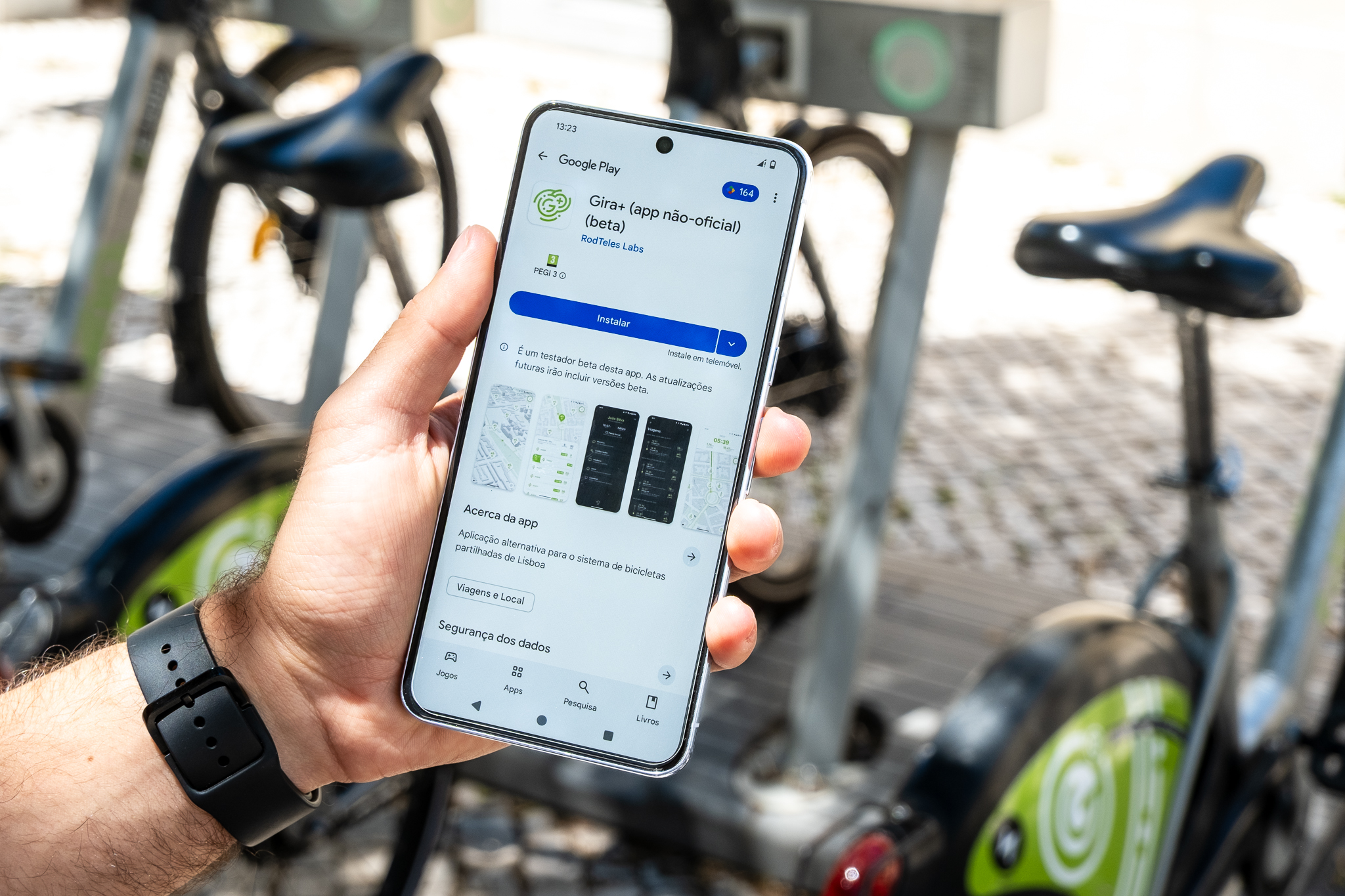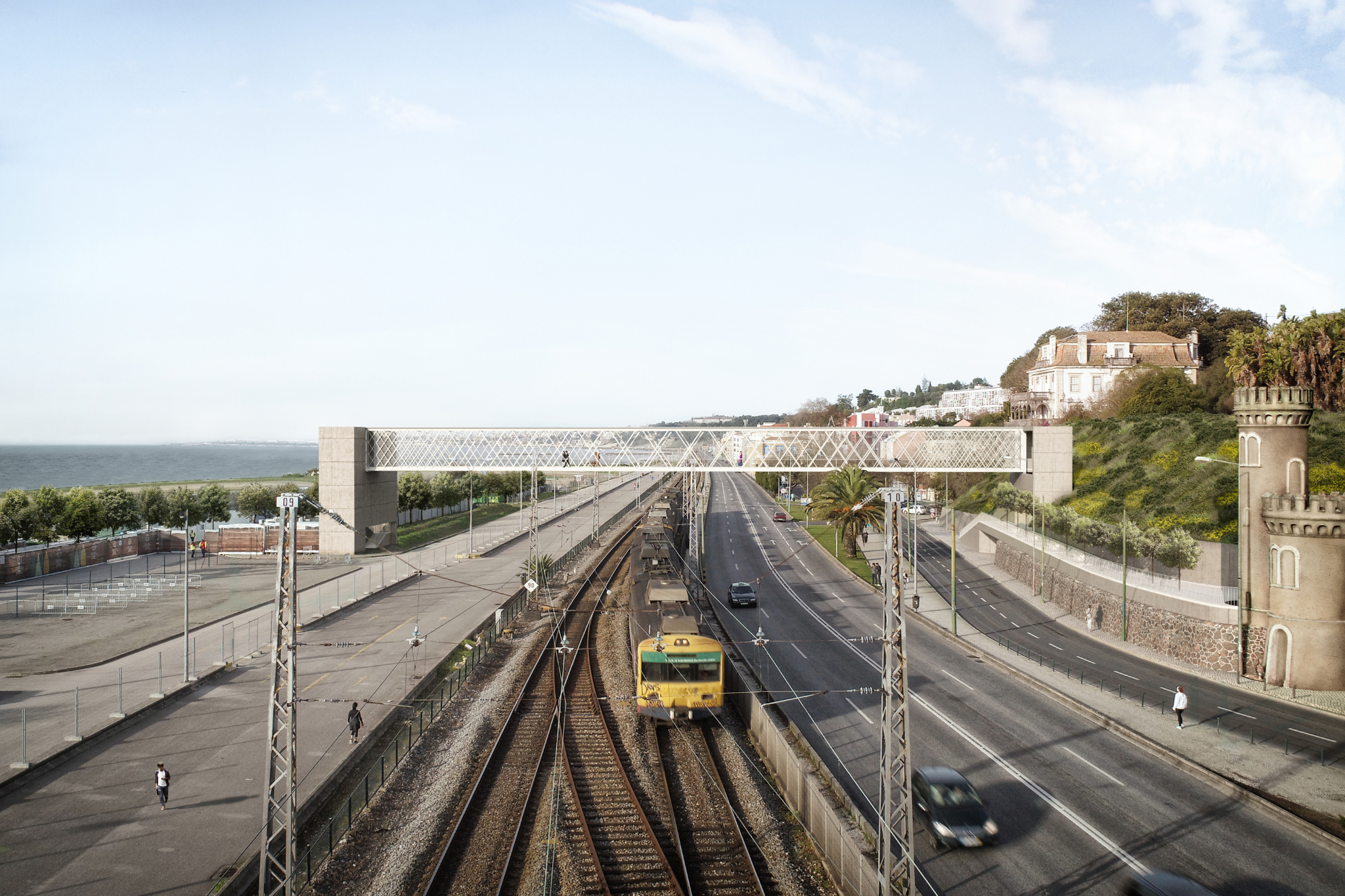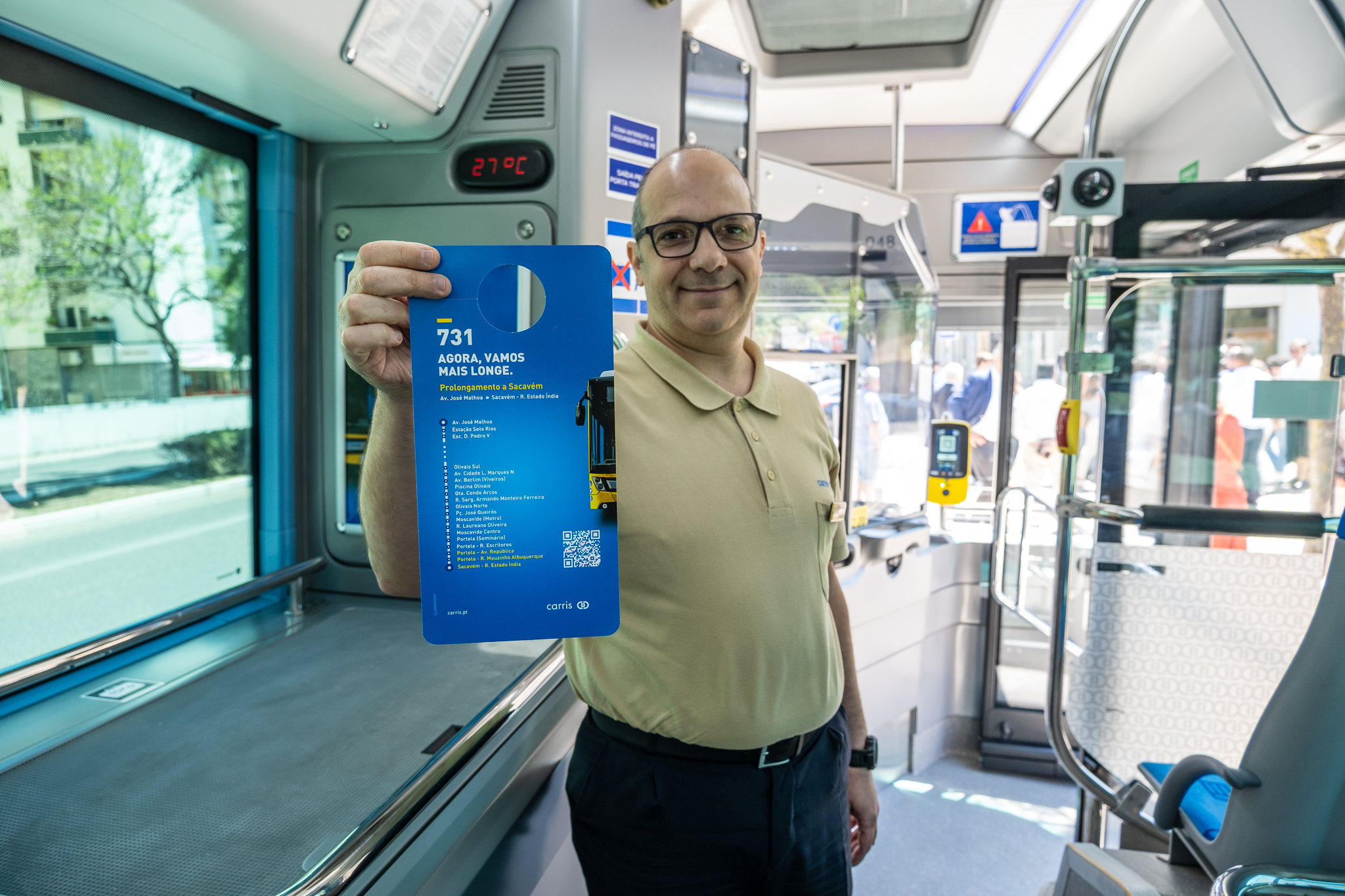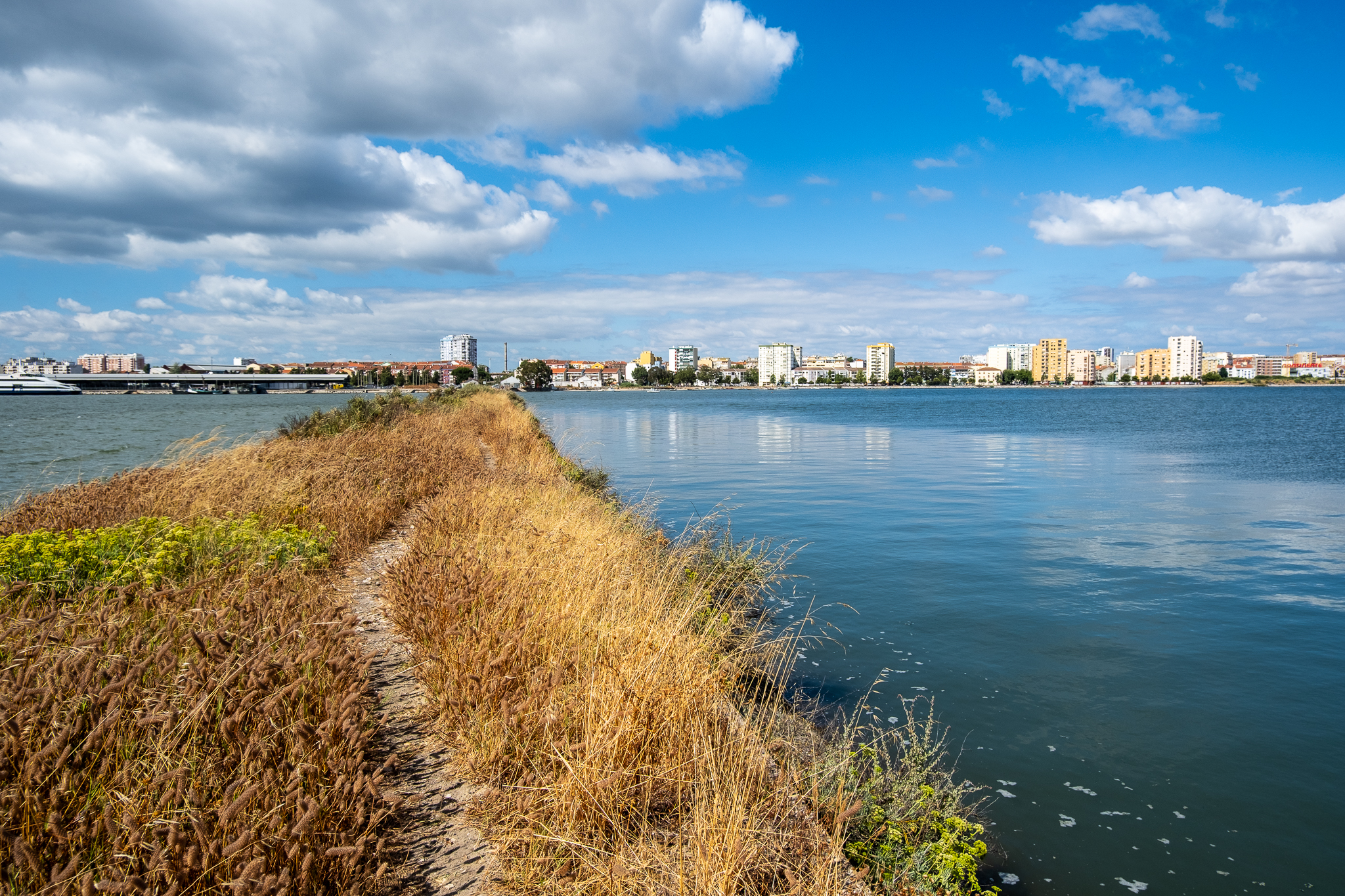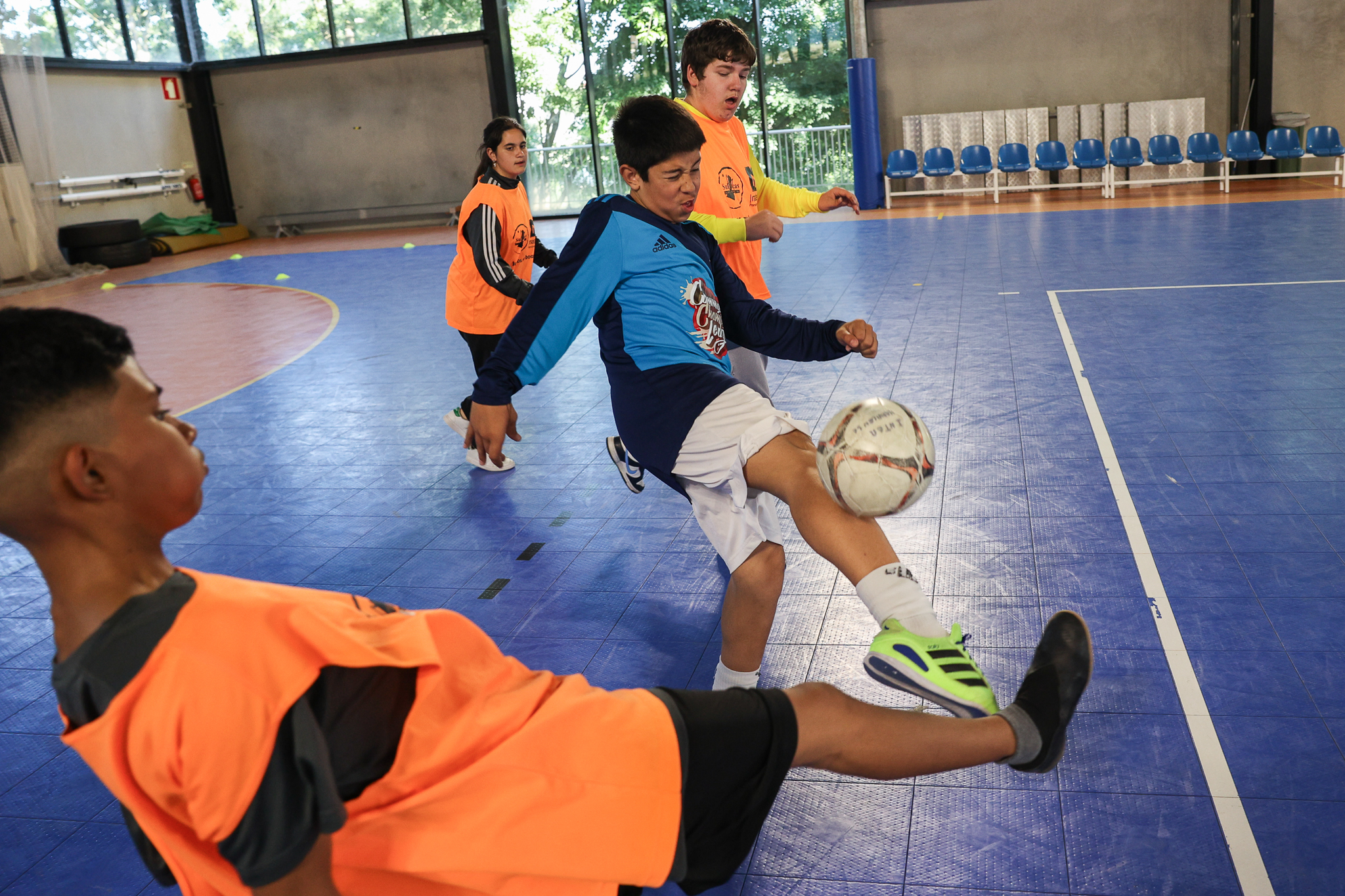Opinion.
When we talk about cyclists and pedestrians, vulnerable users, we are not talking about abstract things. We are talking about people. Human lives.

Patri, 37, Italian, resident in Portugal for 14 years, researcher at the Instituto Superior Técnico, four months pregnant. Last weekend, the country was confronted with the Patri bike, a crumpled piece of metal, its rear wheel crushed under the weight of a carThe Patri died last Saturday on Avenida da Índia, between Algés and Lisbon, when it was hit by an octogenarian driver who was allegedly dazzled by the sun.
As far as I know from mutual friends, Patri was an experienced cyclist, she did it with enthusiasm, she was careful, she followed the rules. Was the driver speeding? Would he have respected the 1.5 meters when overtaking, if he tried at all? Had he not even considered that there might be other, more vulnerable elements on the road? Had he not seen the bike in front of him before being dazzled by the sun? Would he even have slowed down in a dazzling situation that requires sharp reflexes? I can only speculate, really.
I know, however, that Patri had every right to be where she wasWhen she was pregnant, she had every right to ride her bicycle on a road where bicycles are not prohibited. She had every right to ride slowly and at her own speed on a road where, legally, the limit is 50 km/h. To say otherwise shows a lack of knowledge of the law and, worse, perpetuates a rotten system.
But the usual vultures are quick to blame the victim for their own death, in a sad echo of the lack of empathy that plagues so many other parts of society: "no one should be cycling there", "I'm sorry, but she's put herself out there", "everyone walks down that avenue at over 100", "cyclists don't follow the rules and then they wonder...".
Fuck off with the whole "the just pay for the sinner" thing. I refuse to pay for any kind of "sin", when I know from experience that EVEN if you obey all the rules, stop at every traffic light and signal every maneuver, be courteous and cautious, none of that matters from the moment you get on a bike. You become "irrelevant" and "irresponsible". And as far as I know, Patri was neither irrelevant nor irresponsible.
It's people we're talking about
About Patri, or rather Patrizia Paradizo, those who knew her well say that she was "an easy laugh, always ready to help" and that, "with her strong southern Italian accent, she had become a researcher of enormous potential, recognized, respected". One of her friends speaks of "a dancer, a cyclist, a future mother. All of her was movement."
I'll stop here. All of it was movement. And I let these words settle in me, in you. Because Patrizia is not, will not be, just another name to read in a feed social networks and move on. Here, right now, I'm humanizing it, so that everyone understands that it's people we're talking about. The fact is that in the vortex of information, the fencing off of points of view and the insensitivity of opinion that contaminates the debate space, this simple fact tends to be forgotten. When we talk about cyclists and pedestrians, vulnerable users, we are not talking about abstract things. We are talking about people. Human lives.
There are those who tend to forget this. Some of them premeditatedly and maliciously, many others out of a simple lack of awareness - but with their hand on the trigger ready to fire off opinions that, rather than adding nothing useful, increase the divide and stoke an unhealthy guerrilla war. As someone said to me yesterday, "people are not a puppet of partisan/political fluctuations, they deserve safety and respect, and life must be protected".
And today we find ourselves in a rather strange place as a society. Several media outlets have published articles about Patrizia being hit by a car. Some of them made the usual mistake, with headlines like "bicycle crashes into car", when what happened was precisely the opposite: a car crashed into a bicycle. The strongest against the weakest. Regardless, there was a barrage of victim-blaming comments.
But let me make a parenthesis here. The very next day, one of those newspapers reported another tragedy: the death of a woman, who had been killed by a car overturning on a freeway, which had already resulted in the death of the driver. Deaths that I obviously regret.
But there is one question that worries me when I look at the comments boxes, this new opium of the people: why are the victims of car accidents deserving of so much "peace to their souls", without any questioning of the behavior that led to the tragic outcome (the most common being excessive speed), but a person on a bicycle who is hit by a car is "because he got in the way", he shouldn't have done this, he shouldn't have done that...? Let's demand the same understanding, empathy and sorrow for the victims of hit-and-run accidents that we see for drivers who cause their own deaths.
We are witnessing an absolutely outrageous social connivance towards road deaths due to the negligence of motorists. And negligence comes in many forms - speeding, drinking too much, distractions at the wheel for the most varied reasons, the most frequent being cell phones, disregard for the safety of other road users, such as pedestrians and cyclists.
Just yesterday, in an article in Público signed by journalist Abel Coentrão, I read the following, based on a report published this week by the National Road Safety Authority (ANSR):
"[...] speeding is a serious problem [...], as demonstrated by international comparisons of the number of drivers driving at speeds above the legal limit, on freeways, interurban roads and especially on urban streets." A speed of 20 km over the permitted limit, it is stated, "corresponds to a high excess of danger of death and serious injury".
And this is all the more serious and problematic when all over the country we continue to have streets designed as roads, almost expressways, completely unsuited to urban environments, allowing speeds and driving behaviors that put all users at risk - not only the most vulnerable, but above all.
What's worse, it's the authorities themselves who periodically warn motorists about speed cameras and enforcement operations, as if they weren't expected to adhere to speed limits at all times.
With great power comes great responsibility
It is sadly ironic that one of the last things Patrizia shared on her Facebook wall was an image that brilliantly sums up everything that can be said on this subject. In a sort of pyramid, we see the various road users sequenced according to their degree of power and respective degree of responsibility: a truck, a van, a car, a motorcycle, a bicycle and, finally, a pedestrian. Not to understand or challenge this pyramid of power is to have one's priorities changed.
Patrizia died (I'm so sorry, Patri, for you, for your son/daughter and for the beautiful life you won't have) and we know how her tragic death will be used as an example to spread the culture of fear, rather than condemnation of the gross negligence of those who drive a car with no idea of what a car does to vulnerable users.
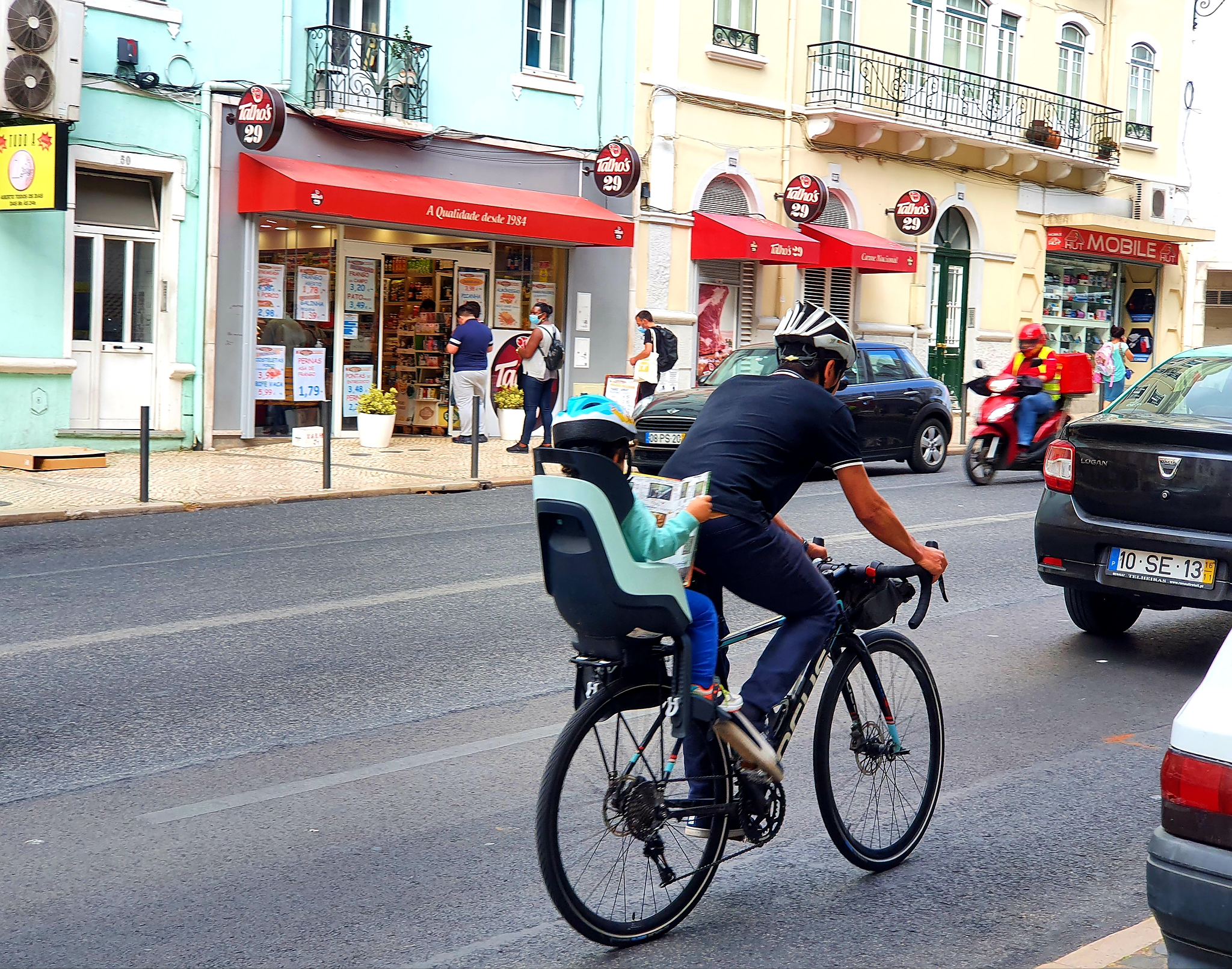
But this brings me to another image, a photograph I took a couple of weeks ago on Rua Morais Soares in Lisbon, which is a positive example of building a better future. I regularly see that father here in the neighborhood picking up his son from school. It will be absolutely routine and normal for this child, to the point of reading. Their safety doesn't depend on their father: it depends on all the other road users. As the old saying goes, it takes a village, doesn't it? If anyone can look at this photo and think it's an "irrelevant" or "irresponsible" scene, I'm sorry, but something's pretty rotten in there.
I end this text with an appeal: to all those who have the opportunity, go to the next Saturday morning at 11 a.m. to Avenida da ÍndiaThere will also be a vigil for an end to pedestrian accidents in the city. There will also be vigils at the same time in Porto and Leiria, and at 10pm in Braga. It will be a tribute to Patrizia, to all the victims of hit-and-run accidents, and a collective cry for more safety in the city.
They go by bike or on foot. Alone, in groups, with children. Without fear. Because the more people on bicycles or on foot there are on the streets of Lisbon, united by the same goal, the same cause, the same alternative and courageous way of being in the city, the safer it will be to get around. It's that simple.
# is not a cyclist but a person
Laura Alves is co-author of the book The Glorious Bicycle and the documentary project Maria Bicycle. Write according to the latest Orthographic Agreement.

